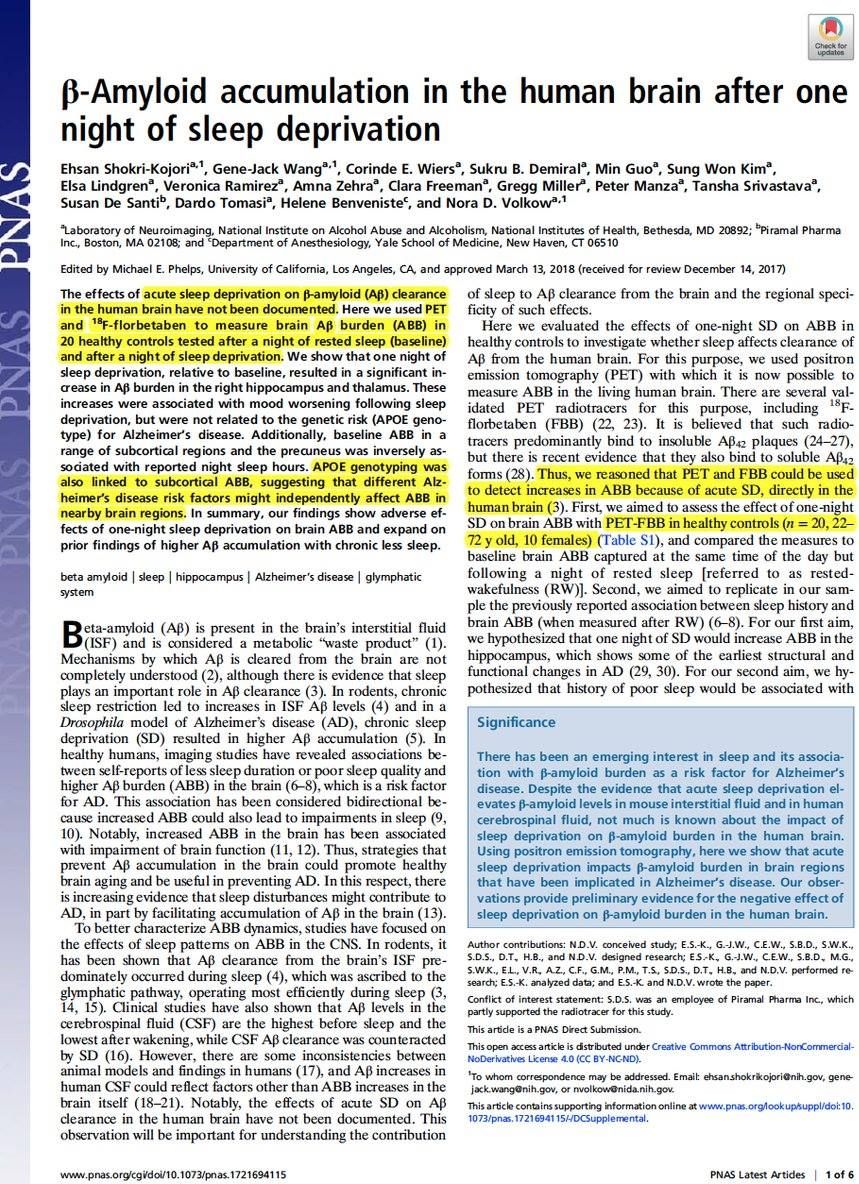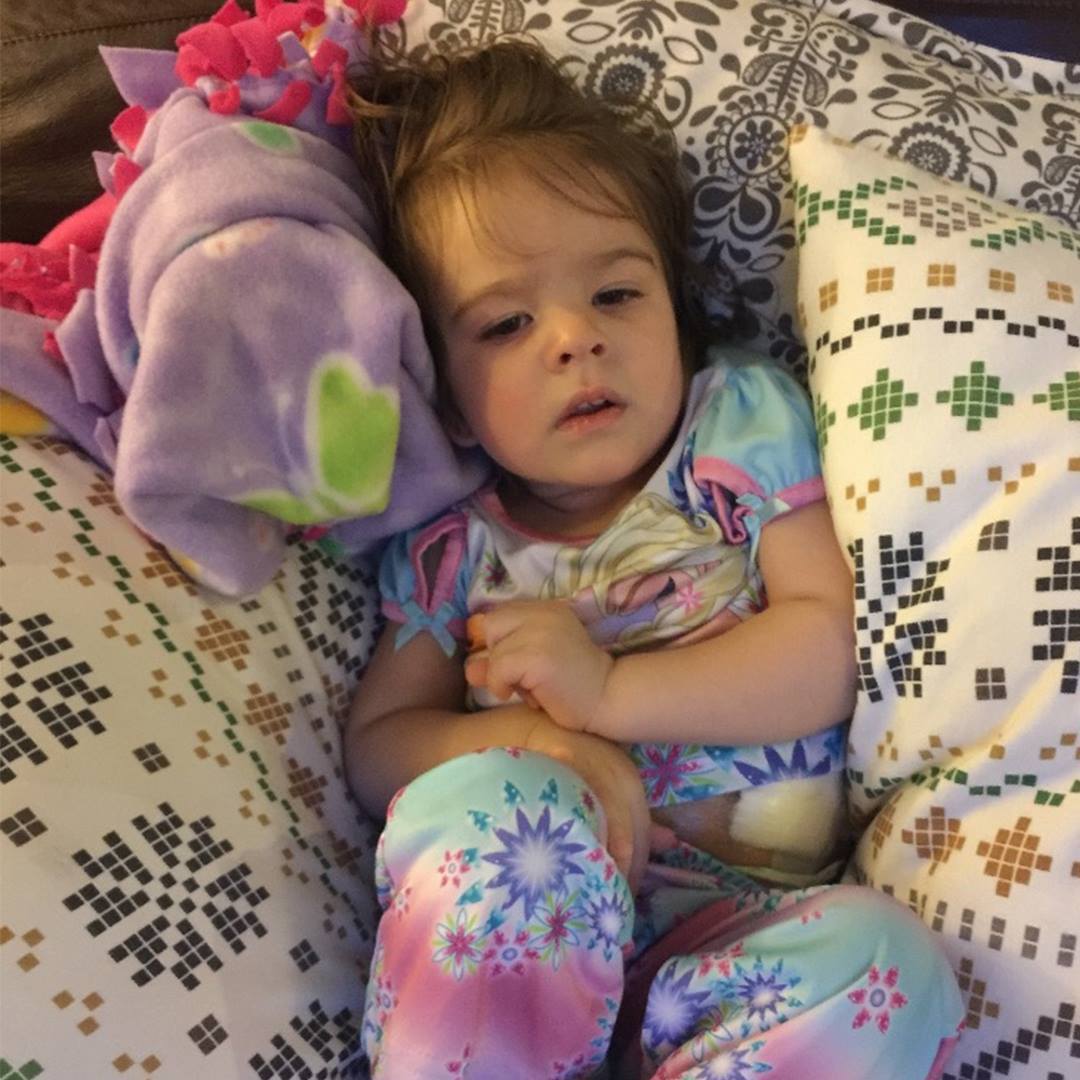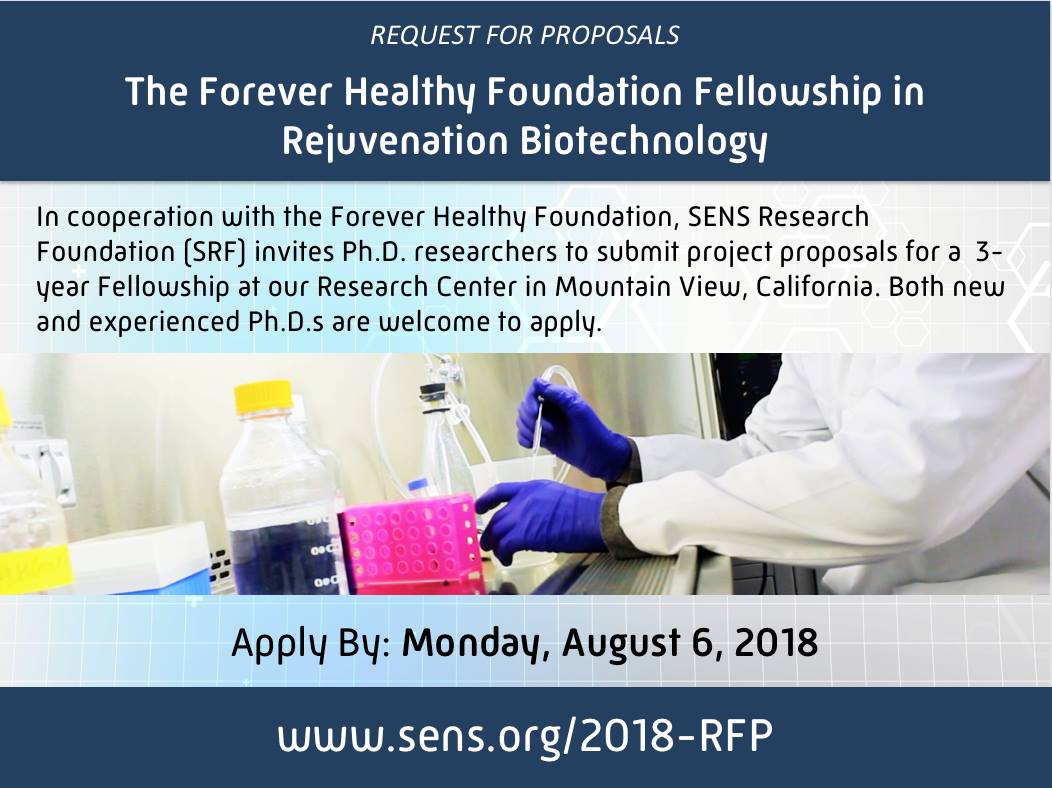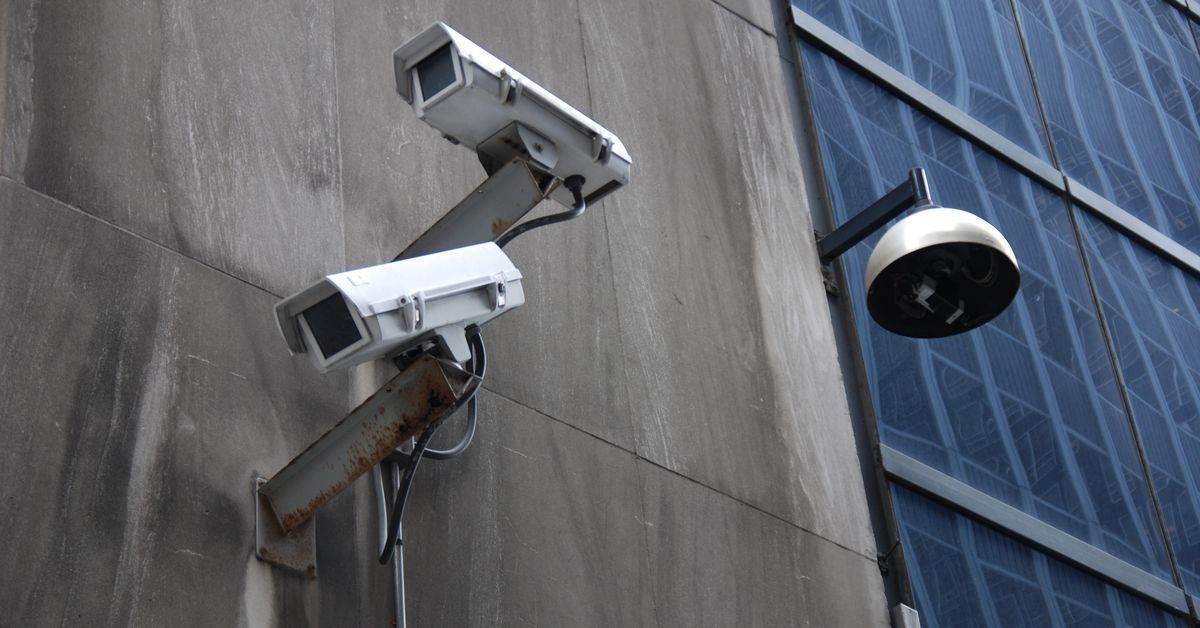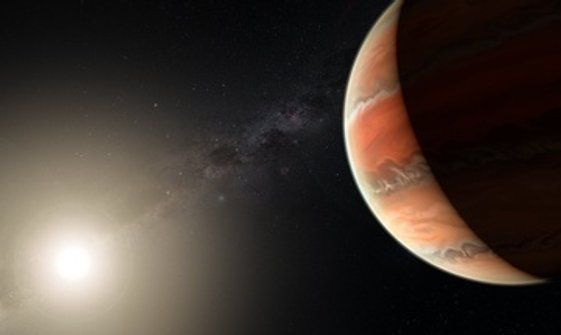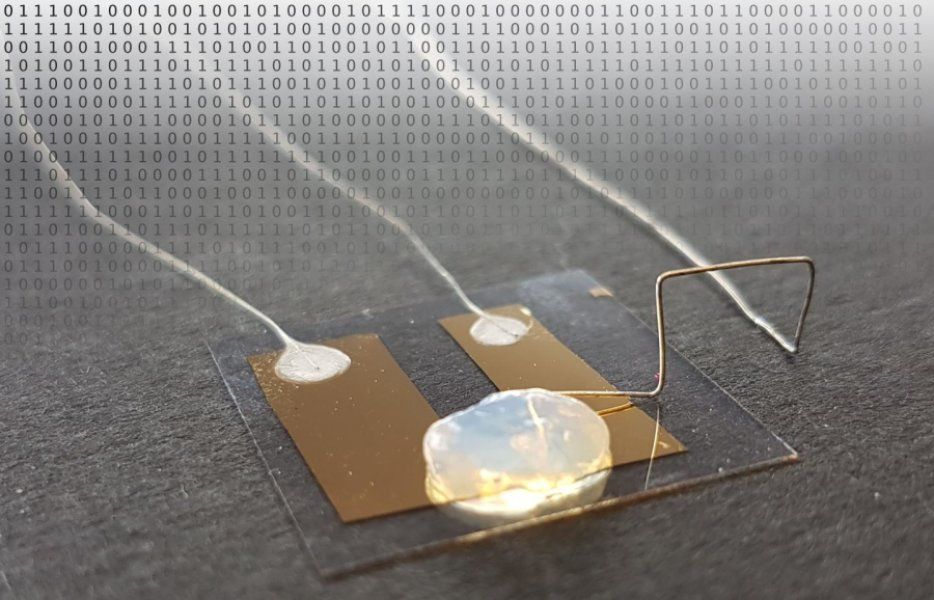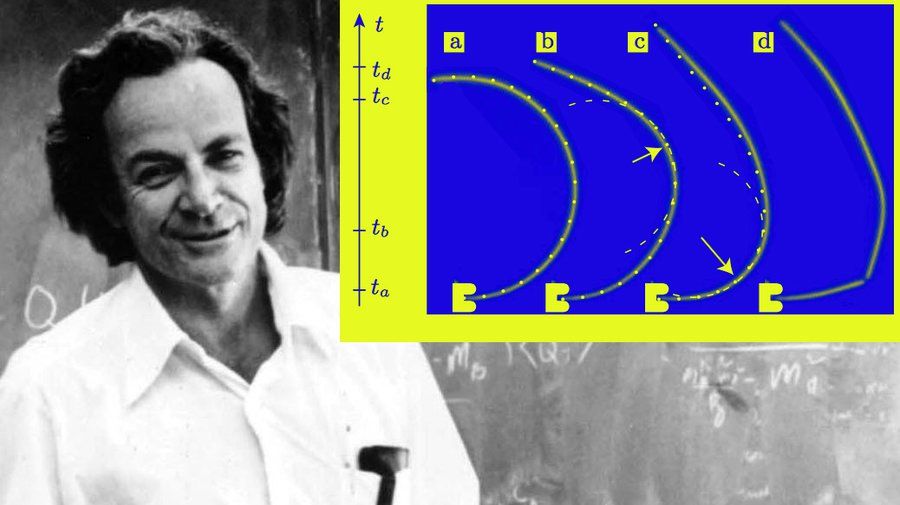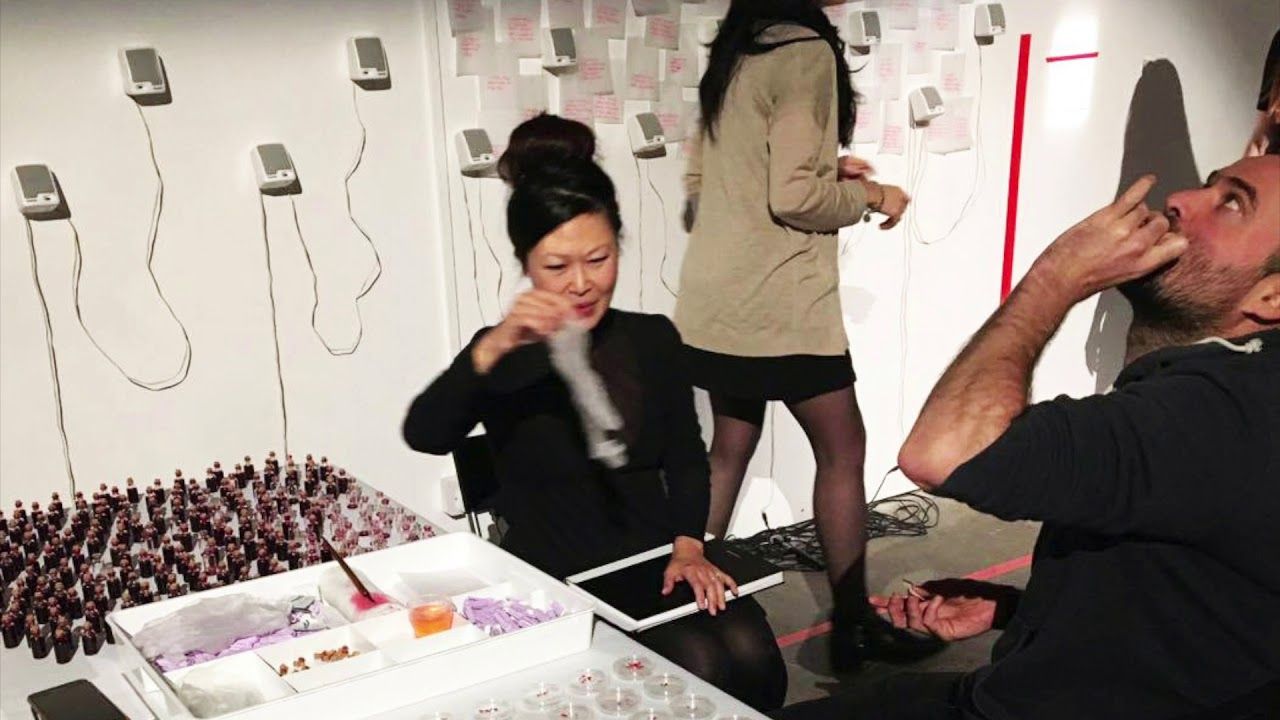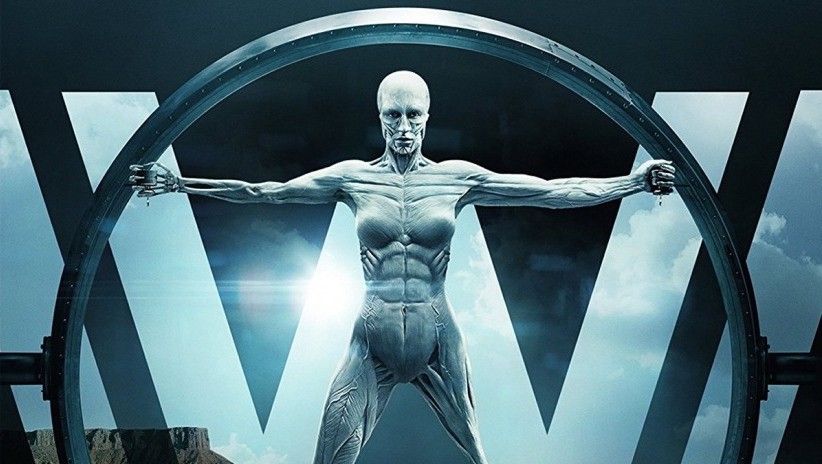
Very interesting.
“It is possible for a computer to become conscious. Basically, we are that. We are data, computation, memory. So we are conscious computers in a sense.”
— Tom Campbell, NASA, Author of My Big TOE
If the universe is a computer simulation, virtual reality, or video game, then a few unusual conditions seem to necessarily fall out from that reading. One is what we call consciousness, the mind, is actually something like an artificial intelligence. If the universe is a computer simulation, we are all likely one form of AI or another. In fact, we might come from the same computer that is creating this simulated universe to begin with. If so then it stands to reason that we are virtual characters and virtual minds in a virtual universe.
Read more
